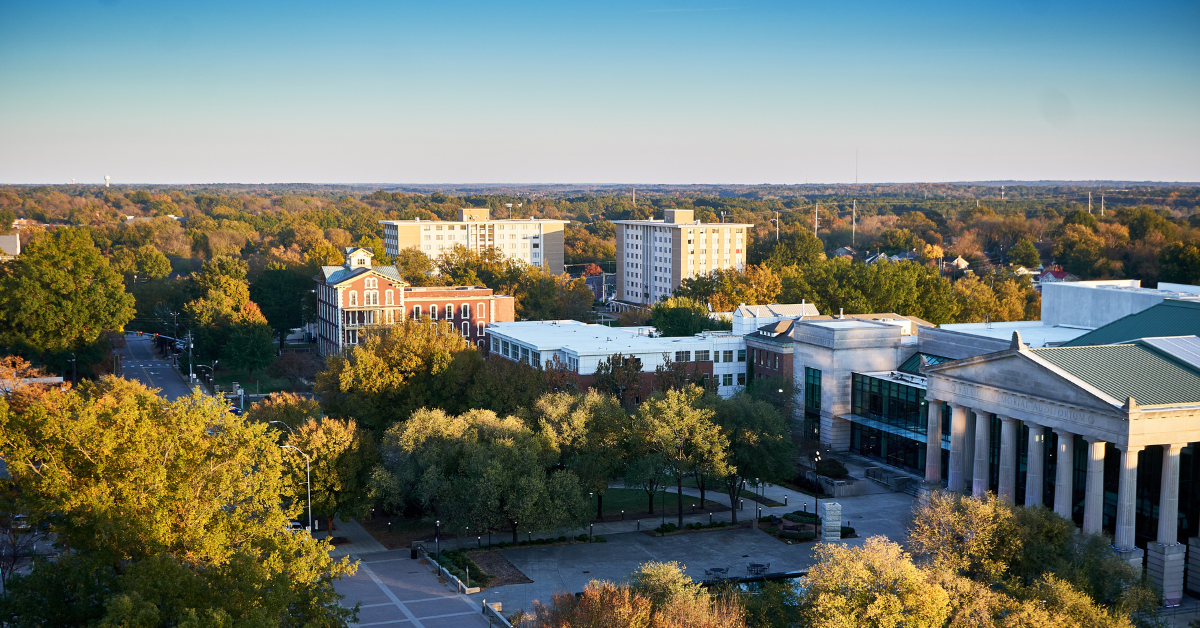Raleigh, the capital of North Carolina, is typically written in katakana in Japanese. While some foreign place names occasionally receive kanji transliterations, Raleigh has no established kanji representation. This uniqueness gives Raleigh a special place in the Japanese imagination, where it is often associated with both intellectual calmness and vibrant energy.
Does Raleigh Have a Kanji Representation?
There is no established kanji representation for Raleigh. In Japanese place naming conventions, foreign cities are typically written in katakana, and Raleigh is no exception.
In the past, Chinese used characters like “羅利” or “羅里” to approximate the sound, but these never became common in Japanese. Translating foreign city names into kanji often creates multiple possibilities, which could cause confusion. For this reason, katakana remains the preferred and stable form for writing “Raleigh.”
The Image Japanese People Have of Raleigh
The sound of “Raleigh” carries both foreignness and softness to Japanese ears. Because it resembles words like “rolling” or “roller,” some may associate it with motion and dynamism, while the drawn-out “ロー (rō)” gives a sense of calmness.
Moreover, Raleigh is widely recognized as a research and academic city. Japanese people usually encounter it in contexts such as “study abroad,” “education,” or “IT industry,” which shapes the perception of Raleigh as a calm and intellectual city.
Raleigh and Sports Culture
Raleigh is also known as a sports city. Its NHL team, the Carolina Hurricanes, won the Stanley Cup in 2006, bringing nationwide recognition.
Additionally, North Carolina State University is a hub for college athletics. Basketball and football are especially popular, becoming a source of pride for the local community. Raleigh is thus unique in that its identity balances the calm atmosphere of an academic hub with the energy of passionate sports culture.
Organizing Raleigh’s City Image
| Perspective | Japanese Impression | Explanation |
|---|---|---|
| Sound | Soft and approachable | The drawn-out “rō” sound conveys a sense of calm |
| City Image | Intellectual and advanced | Known as a research and academic city |
| Sports | Energy and enthusiasm | NHL and college sports fuel local passion |
| Kanji Representation | None | If attempted, only phonetic transliterations exist |
| Keywords | Study abroad, education, IT, sports | A city where academics and leisure coexist |
Why Kanji Has Not Been Adopted
Raleigh is not written in kanji because of Japanese orthographic conventions. By using katakana, readability and clarity are ensured. If kanji were applied, multiple competing versions would arise, reducing consistency and making communication harder. For this reason, the katakana “ローリー” is considered the most appropriate and stable choice.
How Japanese People Learn About Raleigh
| Context | Details | Impression |
|---|---|---|
| Education | Known as a hub for study abroad and research | Intellectual and calm |
| Sports | NHL and college basketball | Energetic and passionate |
| Economy | Growth in IT and research industries | Advanced and innovative |
| Culture | Blend of Southern and international influences | Approachable and diverse |
For Japanese people, Raleigh is recognized as a city where “learning” and “vitality” coexist.
Comparing Raleigh with Other Cities
| City | Similarities | Differences |
|---|---|---|
| New York | Highly international | Very different in size and population |
| Boston | Famous as an educational hub | Boston is historic, Raleigh is newer |
| Raleigh | Blend of academics and sports | Has no kanji form and is written in katakana |
From this comparison, Raleigh emerges as a “medium-sized city where academics and sports coexist”, carving out a unique identity.
Summary of Japanese Impressions of Raleigh
| Aspect | Image | Notes |
|---|---|---|
| Academics | Quiet research city | Known for study abroad and academic conferences |
| Sports | Passionate fan culture | NHL hockey and college athletics |
| Culture | Southern traditions with international openness | A fusion of old and new |
| Name Sound | Soft and approachable | A sound that feels natural to Japanese ears |
Conclusion
Raleigh has no official kanji representation, and is generally written in katakana as “ローリー.” For Japanese people, it leaves the dual impression of being an intellectual and calm academic city while also being a vibrant sports hub.
In short, Raleigh is seen as an “international city where intellect and energy coexist”, and this image is likely to continue spreading among Japanese people.






